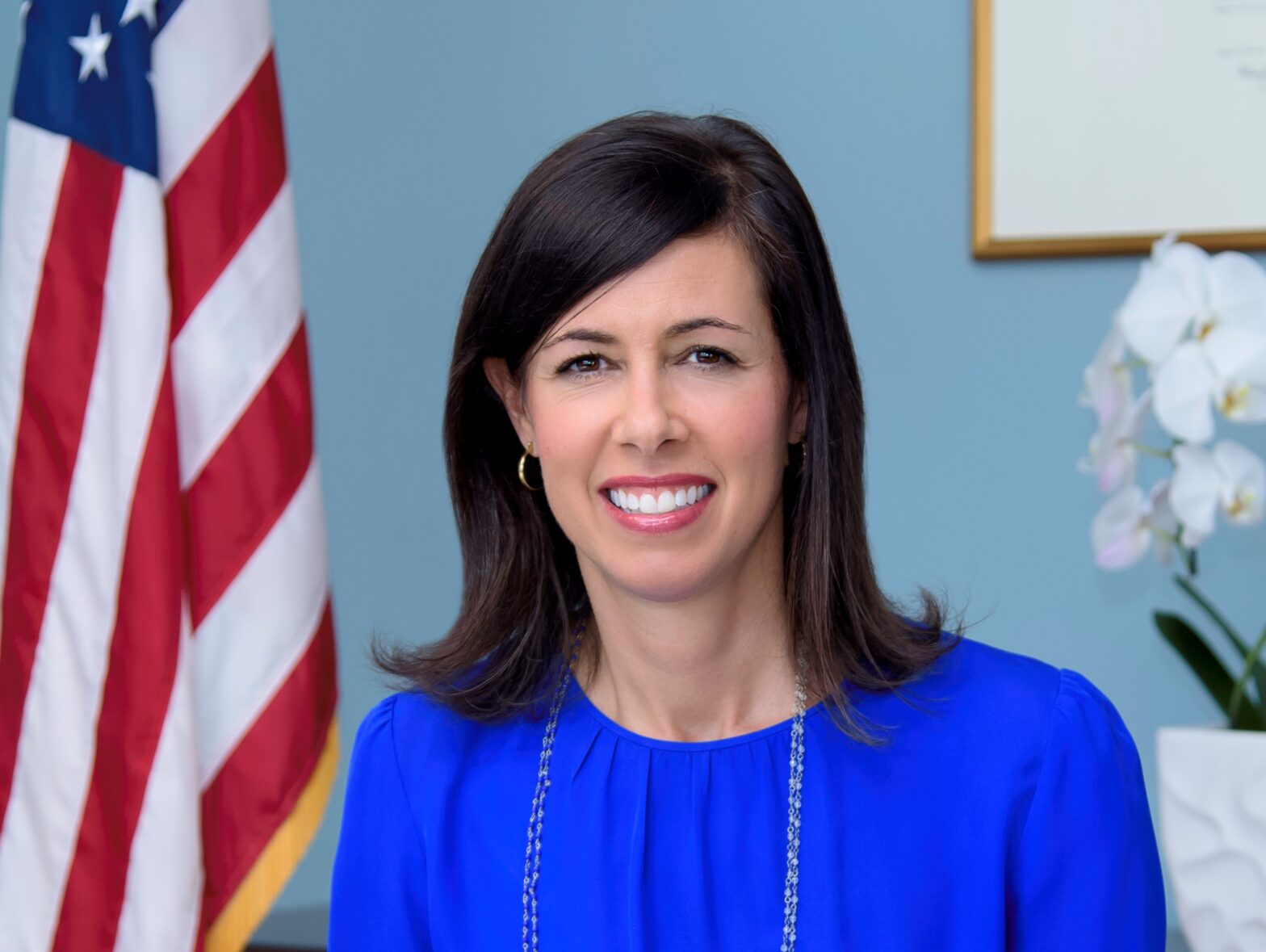On Wednesday, February 22, Federal Communications Commission (FCC) Chairwoman Jessica Rosenworcel proposed new rules about text messages and lead generation that could have significant consequences for the telemarketing industry. According to a press release, these rules “would require mobile service providers to block certain robotext messages that are highly likely to be illegal.” The proposed rules would also explicitly extend Do Not Call (DNC) List prohibitions to text messages. The third proposed rule relates to closing what the FCC calls “the lead generator loophole.” The FCC characterizes this as something that “allows companies to use a single consumer consent to deliver robocalls and text messages from multiple – perhaps thousands – of marketers on subjects that may not be what the consumer had in mind.”
Rosenworcel explained the proposed text messaging rules by describing what sorts of illegal texts she hopes they will prevent: “Missing packages that don’t exist; confirmation of payments that didn’t happen; links to shady websites; and truncated ‘wrong number’ messages from strangers. These scam robotexts are a part of everyday life for too many of us.” Of course, by imposing requirements on carriers to stop the transmission of illegal texts, the FCC would increase the likelihood of legitimate and even wanted text message communications being prevented. Ominously, Rosenworcel added, “We’re not stopping here. Because we are going to keep at it and develop more ways to take on this growing consumer threat.”
According to the FCC’s press release, the text blocking rules, “would require blocking of text messages that purport to be from numbers on a Do-Not-Originate list. That means providers will block texts that purport to be from numbers for which the actual subscriber has said it does not send legitimate text messages, including government agencies and other well-known entities. It also includes blocking of texts carrying invalid, unallocated, or unused numbers.” If implemented, it remains to be seen how well tailored this text blocking regime would be to merely preventing scam texts or if, like with spam labeling and other call deliverability challenges, it leads to legitimate texts being blocked out of an abundance of caution on the part of providers. As a minor sop to legitimate texting entities, the rules “would require each mobile wireless provider to make public a single point of contact for text senders.”
The FCC’s press release provides less information about the potentially very significant rules for lead generation. Eric Troutman at TCPAWorld has offered his expert analysis on what it may mean for the FCC to try to “close the lead generator loophole.” Lead generators using consent forms that link to lists of thousands of potential sellers in multiple verticals has increasingly been the focus of litigation and regulatory action in the last year. So, it is unsurprising that the FCC would try to create some formal rules for how this regulatory stance will proceed.
These rules are on the FCC’s agenda for its next monthly meeting on March 16. The full draft of the Report and Order and Further Notice of Proposed Rulemaking is available on the FCC’s website.
We will be hosting a webinar with Eric Troutman discussing these proposed rules in greater detail on Tuesday, February 28 at 11:00 AM Pacific Time. To register for the webinar, click here.
